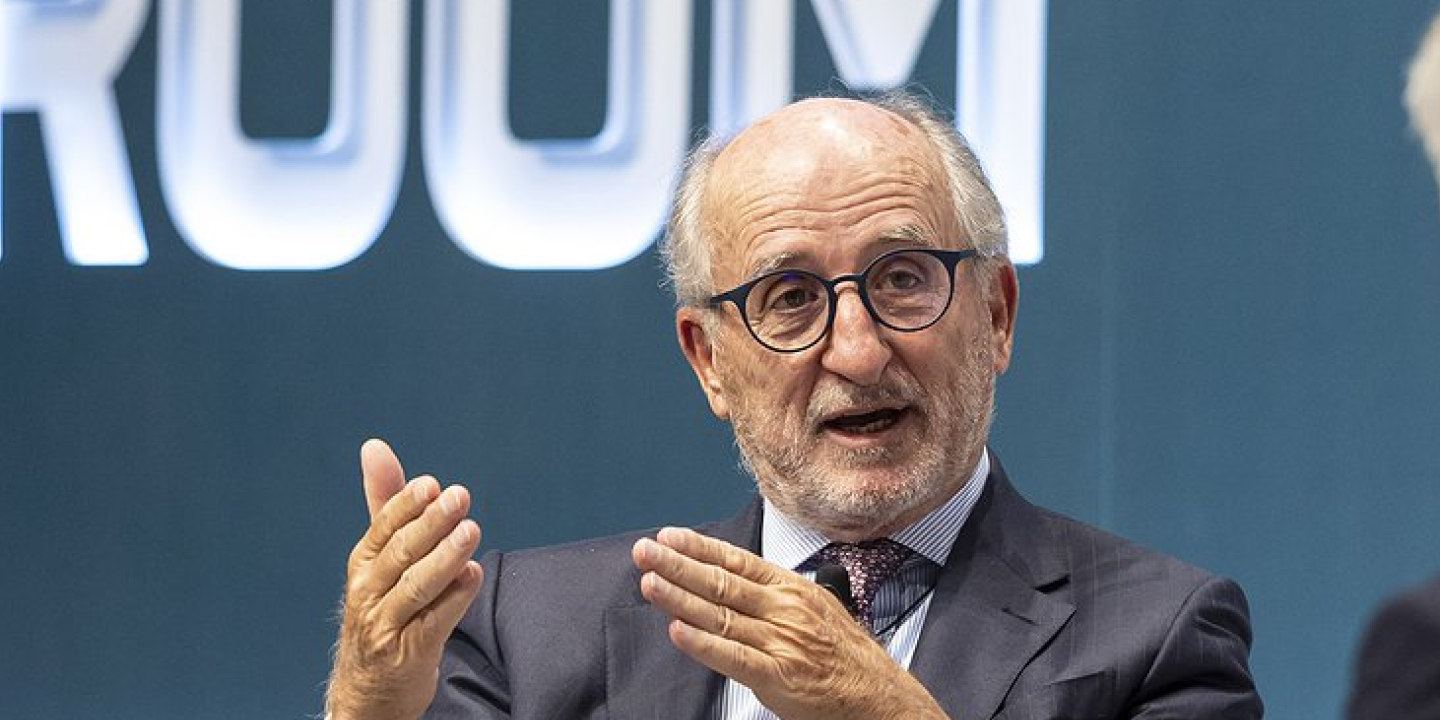El papel de los combustibles renovables en la descarbonización de la movilidad
Este tipo de carburantes representan una oportunidad clave para abordar el desafío de reducir las emisiones de gases efecto invernadero (GEI) en el transporte terrestre, aéreo y marítimo.
Descubre qué papel juegan los combustibles renovables y cómo pueden ayudar a la descarbonización de la movilidad en nuestro nuevo artículo.





.png)
.png)
.png)
.png)
.png)
.png)
.png)
.png)
.png)
.png)
.png)
.png)
.png)
.png)
.png)
.png)
.png)
.png)
.png)
.png)
.png)
.png)
.png)
.png)
.png)
.png)